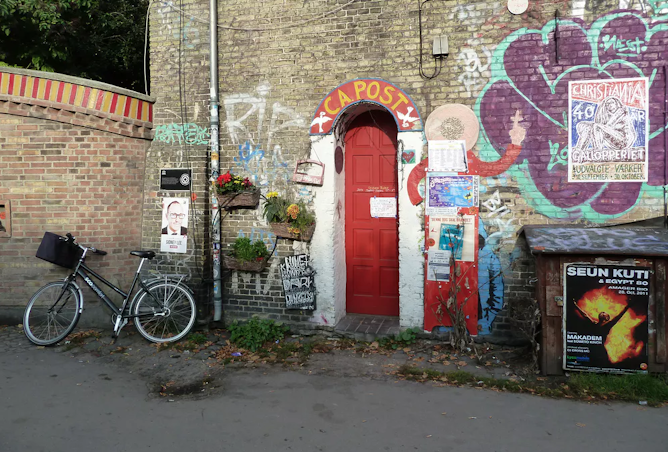|
|
|
Editor's note
|
|
When James Lovelock and Lynn Margulis came up with the Gaia hypothesis in the 1960s to explain the way life on Earth has survived over billions of years, it was considered controversial and, despite being beloved of environmentalists, remains hard to prove. But James Dyke and Tim Lenton believe they have come up with a way to put the theory to the test.
Seventy years ago, when the NHS was created by Nye Bevan, the organisation consumed 2% of GDP. Today, that share is 7%, and the NHS is now as vast as it is complex. Maria Goddard has eight simple charts that will help you get your head around everything from where the NHS budget is spent, to changes in demographics.
In the 1960s, scientists opened the door to inventions such as solar panels and LEDs using crystals made of different chemical compounds that could be built up layer by layer. As Brian Geradot explains, the realisation that something similar, and more sophisticated, can now be done with substances like graphene could open the door to yet more technological possibilities.
It’s been six years since Freetown Christiania in Copenhagen secured its survival from speculation by developers. Helen Jarvis looks back on a remarkable social experiment that embodies the values of “degrowth” – allowing its residents to escape the earn-to-spend treadmill of city living.
|
Jonathan Este
Associate Editor
|

|
|
Top stories
|

Romolo Tavani / shutterstock
James Dyke, University of Southampton; Tim Lenton, University of Exeter
We have long wondered why Earth has stayed habitable enough for life to evolve over billions of years.
|

WILL OLIVER/EPA
Maria Goddard, University of York
Everything you need to know about the NHS, as it enters its 70th year of existence.
|

Ready layer one.
tschub
Brian Geradot, Heriot-Watt University
Layering substances like graphene in new ways could unlock help us to build quantum computers or transmit electricity over long distances.
|

Community post office, Freetown Christiania.
Helen Jarvis.
Helen Jarvis, Newcastle University
The residents of Freetown Christiania have lived by degrowth values for decades.
|
Education
|
-
Imran Awan, Birmingham City University
Lecturers remain concerned about limits the Prevent duty places on freedom of expression.
|
|
Business + Economy
|
-
Benjamin Gardner, King's College London; Lee Smith, Anglia Ruskin University; Louise Mansfield, Brunel University London
Standing in meetings offers the opportunity to sit less and move more.
|
|
Health + Medicine
|
-
Sarah Rodgers, Swansea University
Improving social housing can help reduce emergency hospital admissions – and more.
|
|
Arts + Culture
|
-
David Andress, University of Portsmouth
Primary school children in France will now have to learn and sing La Marseillaise. But for many people, it is racist and xenophobic.
|
|
Politics + Society
|
-
Luis Gómez Romero, University of Wollongong
Leftist Andrés Manuel López Obrador, a former Mexico City mayor and career outsider, won Mexico's July 1 presidential election in a landslide. The US-Mexico relationship is about to change.
-
Lucy Baldwin, De Montfort University
A new female offender strategy in England and Wales plans to put fewer women in prisons. Here's why that's so important.
|
|
Science + Technology
|
-
Adrian Hopgood, University of Portsmouth
Smarter AI could save us from computers' stupid decisions.
-
Neil Dagnall, Manchester Metropolitan University; Ken Drinkwater, Manchester Metropolitan University
This is the real reason you believe in superstitions.
-
Peter Gooding, University of Essex
Your beliefs about free will can have a powerful effect on how you behave.
|
|
| |
Featured events
|

|
G11, Henley Business School, Whiteknights campus, University of Reading, Reading, Reading, RG6 6AH, United Kingdom — University of Reading
|

|
The Atmospheric Laboratory, Earley Gate, Whiteknights Road, , Reading, Reading, RG6 6BZ, United Kingdom — University of Reading
|

|
3M BIC, Huddersfield , Wakefield, HD1 3BD, United Kingdom — University of Huddersfield
|

|
The University of Manchester, Oxford Road, Manchester, Manchester, M13 9PL, United Kingdom — University of Manchester
|
|
|
|
| |
| |
| |
| |
| |
|
|
|
|
|
|
|